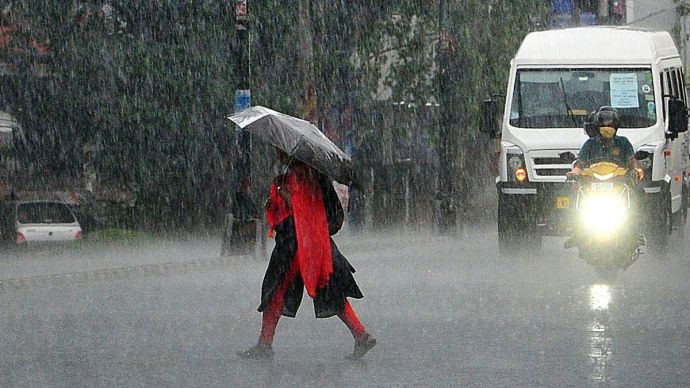Scientists are now sounding the alarm about the stability of Earth in the future as new research indicates that our blue planet could be tossed into deep space, or even into the Sun, at some point in time because of a passing star’s gravitational influence.
The research published in the journal Icarus stated that “field “stars” (meaning stars that happen to pass nearby our solar system) could influence drastic cosmic instability, much earlier than the Sun’s inevitable death thousands of millions of years from now.
The researchers utilized thousands of computer simulations to reveal possible ways how our solar system could evolve in billions of years.
Scientists do say that if a star with a mass equal to our Sun were to pass within 10,000 astronomical units (AU) (roughly 1.5 trillion kilometers), the star would disturb the Oort Cloud, which is beyond Pluto and marks the end of our solar system.
“Passing stars are the most probable instability trigger during the next four billion years,” the study highlighted, suggesting that the planets, including Pluto, are much less stable than previously believed.
Nathan Kaib and Sean Raymond, the astronomers behind the research, wrote in May: “Our simulations indicate that isolated models of the solar system can underestimate the degree of our giant planets’ future secular orbital changes by over an order of magnitude. In addition, our planets and Pluto are significantly less stable than previously thought.”
The study reports that a transient star could raise the instability of Mercury’s orbit by 50–80 per cent, as we would expect a cascading effect to take place possibly throwing Venus or Mars into a collision trajectory with Earth.
There are even slight odds that we could spiral into the Sun or get thrown toward Jupiter and the gravity of Jupiter could then eject us from the solar system entirely.
The researchers also think that Mars could be lost due to either collision or ejection with a 0.3 percent chance and Earth could be lost in the same way with a 0.2% chance over five billion years.
While the risk remains incredibly small, the study has revealed that the solar system’s peaceful stability is potentially more delicate than we realized.












